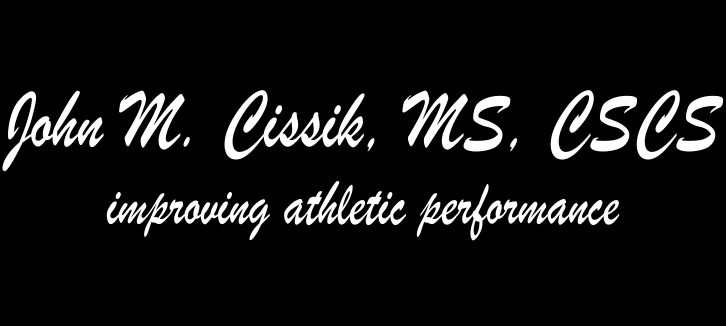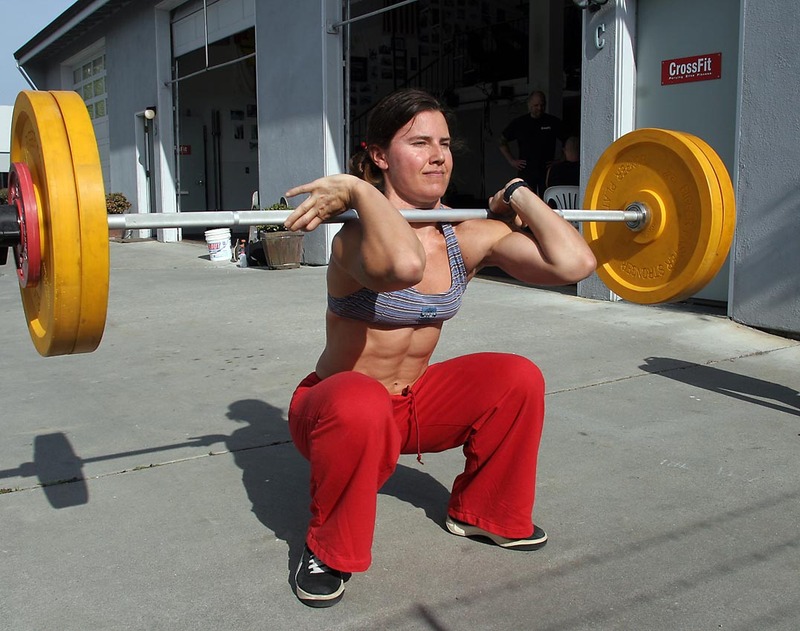Over the years, I have moved into coaching special needs athletes. For me it began by having a child with special needs and wanting to help out in things that he is involved in, and it has progressed over the years. As I also teach special education, over time this has become a bigger and bigger coaching focus for me to the point where this is almost all that I coach nowadays. So, this blog is not going to be one of my usual strength and conditioning blogs, rather this one is going to talk about coaching special needs athletes and some of the things that I’ve learned along the way.
With coaching special needs athletes, the following are the big things to keep in mind:
- It’s still coaching
- Relationships are huge
- It’s not about you
- Expectations, accountability
- Fundamentals
- Athletes care, so do their parents
It’s Still Coaching:
Special needs athletes are still playing a sport. That sport has rules, strategies, and skills. Team sports still need the athletes to work together. Somebody has to direct everything, teach the sport, and coach the games. It’s true that the Pittsburgh Steelers are never going to watch your performance and call you to coach them, but hopefully you are at that point in your life where that’s okay.
Relationships Are Huge:
All athletes want to know that you care about them and are invested in them. Many special needs athletes need role models. Many special needs athletes need consistency and accountability in their lives. The relationship is what gets athletes to practice when it’s hot, raining, or they are tired. The relationship is what gets athletes to perform in games. The relationship is what gets athletes to do things they don’t necessarily want to do. Relationships are driven by your actions, your body language, how consistent you are, and by your ability to communicate effectively.
It’s Not About You:
This is a big one. If you have a superstar coach ego/mentality, these athletes will eat you alive. Nobody cares if you are a guru, they care about the relationship aspect and your ability to coach them. Coaching is a difficult, time consuming job, and there is little notoriety and lots of criticism from it. If you are not in this to serve the athletes, you won’t last long.
Expectations and Accountability:
Special needs athletes have to understand what is expected of them and they have to be kept accountable for those expectations. The coach has to model the expectations, communicate them, and constantly remind the athletes about expectations. When the athletes don’t meet them, this has to be addressed consistently with every athlete and there should be consequences. This may be one of the only places in the athlete’s life where there are consistent expectations as well as consequences.
Fundamentals:
It does not matter how brilliant the coach is if the athletes cannot execute the sports skills. That requires practice on the fundamentals, correction, re-teaching, and more practice until the fundamentals can be executed without thought. Practices should focus on fundamental skills first, limited game situations second, and scrimmages third. For example, with baseball I break down practices as follows:
- Hitting: We generally go through a progression that focuses on the swing by hitting off the tee, then moving to soft toss, then moving to pitching to the batter.
- Fielding: We go through a progression where we begin with ground balls/accurate throws, to a 4-3 play or something similar (depends upon the positions the athletes play), to fielding situations.
- Outfield: We start with pop flies and accurate throws, then the throw to second base with either short stop or second base being the cut-off man, then situations.
- Scrimmages
Athletes Care, So Do Their Parents:
Special needs athletes care about playing the sport. In fact, this may be a big part of their identity. They care about being part of a team. They also care about how they, and their team, performs. They may not always be able to communicate this well, but I’ve found it to be true. And so do their parents. At the adult level, Special Olympics teams have recruiting issues, parent behavior issues during games, it’s just like regular sports!
Every single thing that I’ve written above could apply to your high school football team or any other sports team. That’s the first, and most important, thing to understand about these athletes and these sports.




